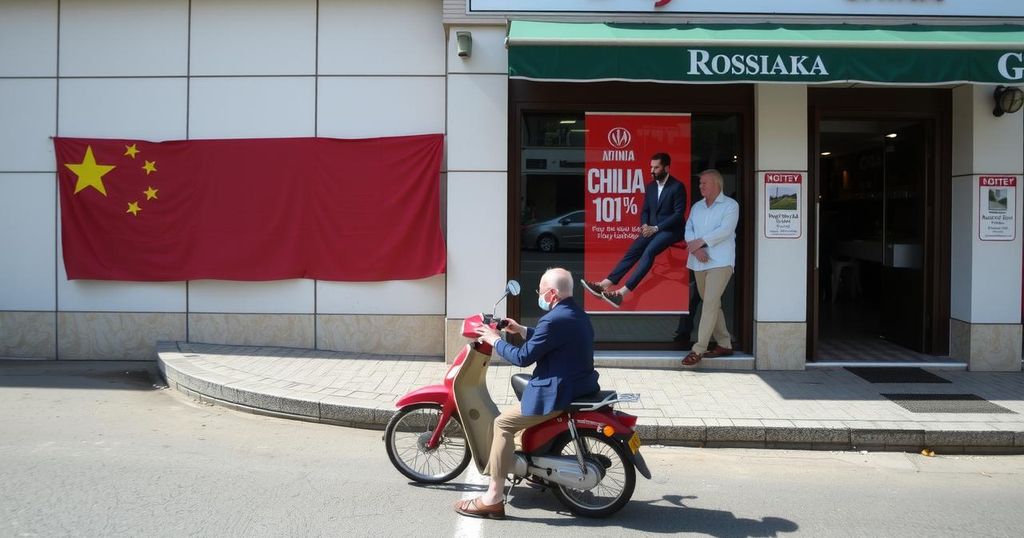Global Economic and Political Challenges: Iran, China, South Africa, and Russia

Iran’s rial has fallen to a record 777,000 against the dollar amid economic woes and regional setbacks. China has extended visa-free travel to boost tourism, resulting in an 86% rise in arrivals. South Africa has closed over 1,000 informal grocery shops after pesticide-related illnesses surfaced, and Russia has arrested a suspect linked to a high-profile assassination amid ongoing conflict with Ukraine.
As Iran grapples with a severe economic crisis, the value of its currency, the rial, has plummeted to an unprecedented 777,000 against the US dollar. The crisis follows a series of misfortunes, including the strategic setbacks of its ally Hezbollah, the loss of influence in Syria, and escalating energy shortages leading to the widespread closure of educational and governmental institutions. This unprecedented devaluation marks a critical point in Iran’s economic struggle, exacerbated by geopolitical tensions in the region.
In a contrasting move, the Chinese government has taken steps to enhance its tourism sector by extending visa-free travel to citizens from 50 countries, allowing a stay of 10 days, while nearly 40 additional nations can remain for up to a month. This initiative has sparked considerable interest, showcasing a significant rebound in tourism as foreign arrivals surged by 86% to almost 30 million earlier this year, following the relaxation of Covid-related travel restrictions.
Furthermore, the South African government has closed 1,041 informal grocery stores, referred to locally as “spaza shops,” after several tragic incidents linked to the sale of contaminated food. These actions stemmed from reports of children suffering illnesses after consuming foods laced with harmful pesticides, prompting urgent public health concerns.
In the realm of international security, Russian authorities apprehended a suspect in the assassination of Lieutenant General Igor Kirillov, believed to have been orchestrated by Ukraine. The alleged assassin, an Uzbek national, reportedly received $100,000 for his involvement in the assassination using a bomb concealed in a scooter. This incident highlights the escalating hostilities and complex dynamics surrounding the ongoing conflict in Ukraine.
The political and economic situations in various countries have presented significant challenges and developments that reflect underlying tensions and dynamics on the global stage. Iran’s devaluation of the rial not only highlights domestic economic difficulties but also the fallout from geopolitical conflicts. China’s tourism initiatives represent a strategic economic recovery effort. South Africa’s crackdown on informal grocery shops reveals pressing public health issues, while Russia’s security events indicate the ongoing violence and geopolitical maneuvering in Eastern Europe. Each of these situations underscores broader themes of economic instability, health crises, and international conflict that characterize current global affairs.
The recent developments across Iran, China, South Africa, and Russia illustrate a complex intersection of economic challenges, public health crises, and geopolitical conflicts shaping the contemporary global landscape. The dire state of Iran’s economy, the surge in Chinese tourism, the urgent health measures taken in South Africa, and the rising tensions in Russia highlight the need for strategic responses to such multifaceted issues. Each case not only underscores individual challenges faced by these nations but also reflects broader international trends and concerns.
Original Source: www.gzeromedia.com







